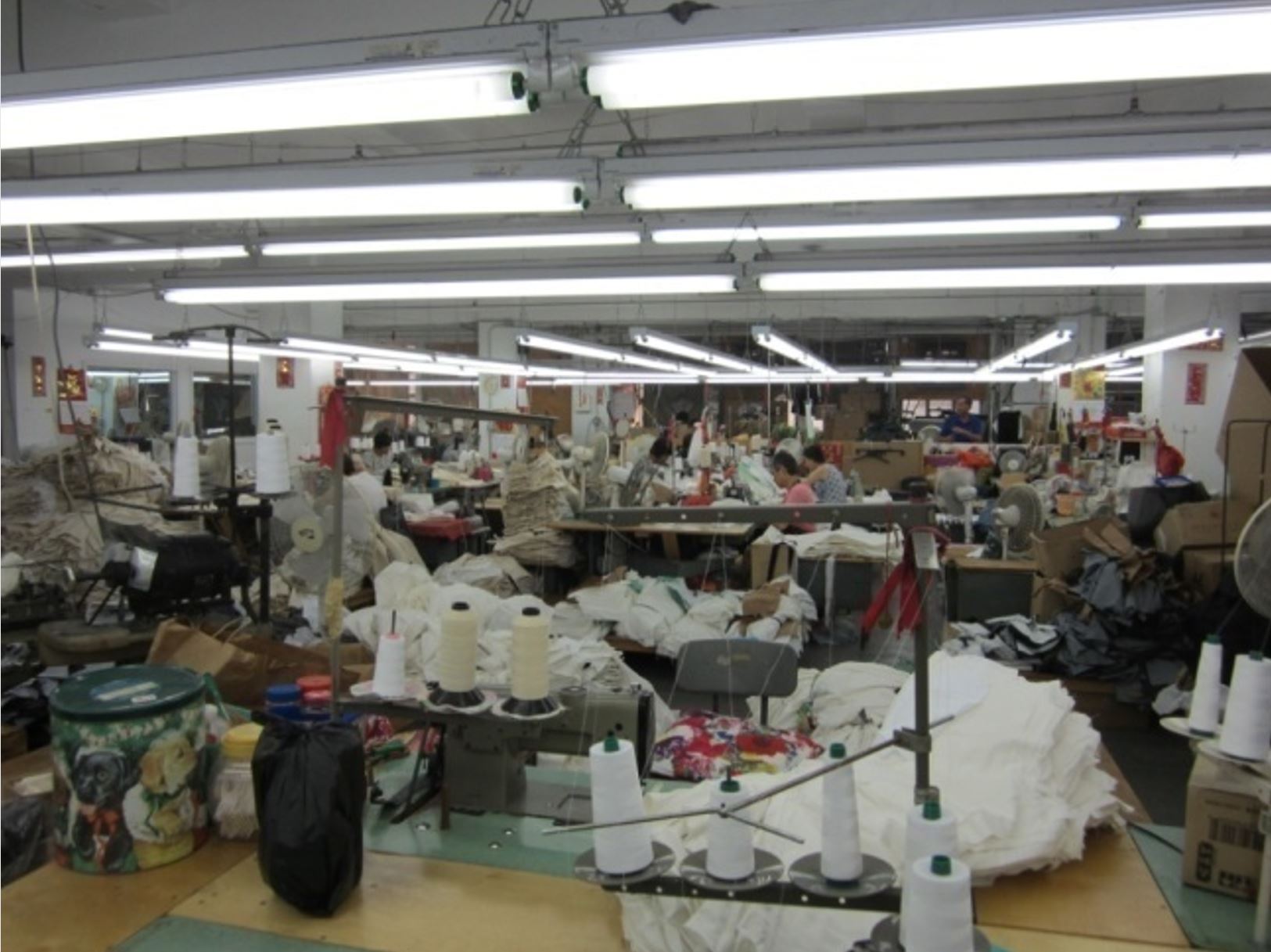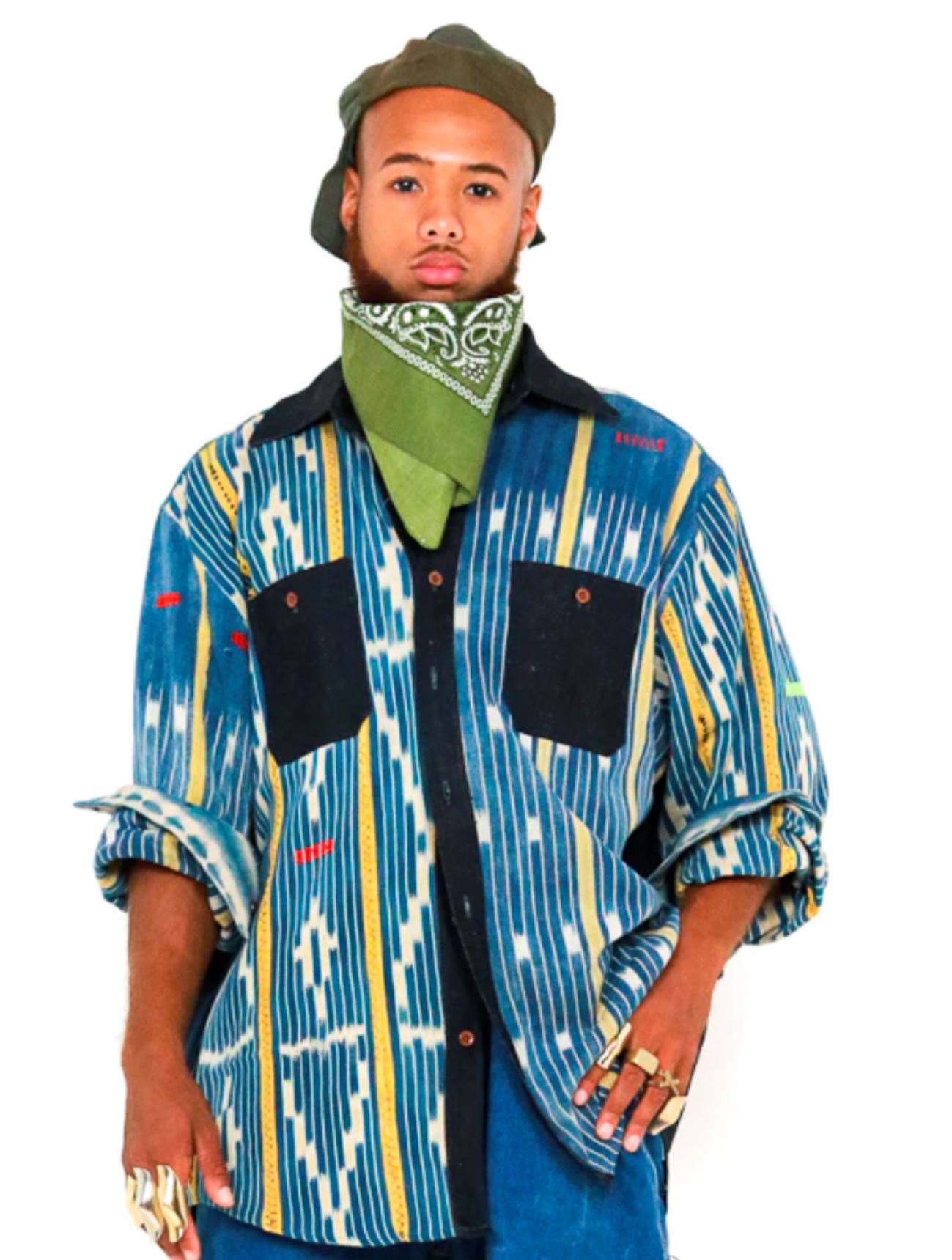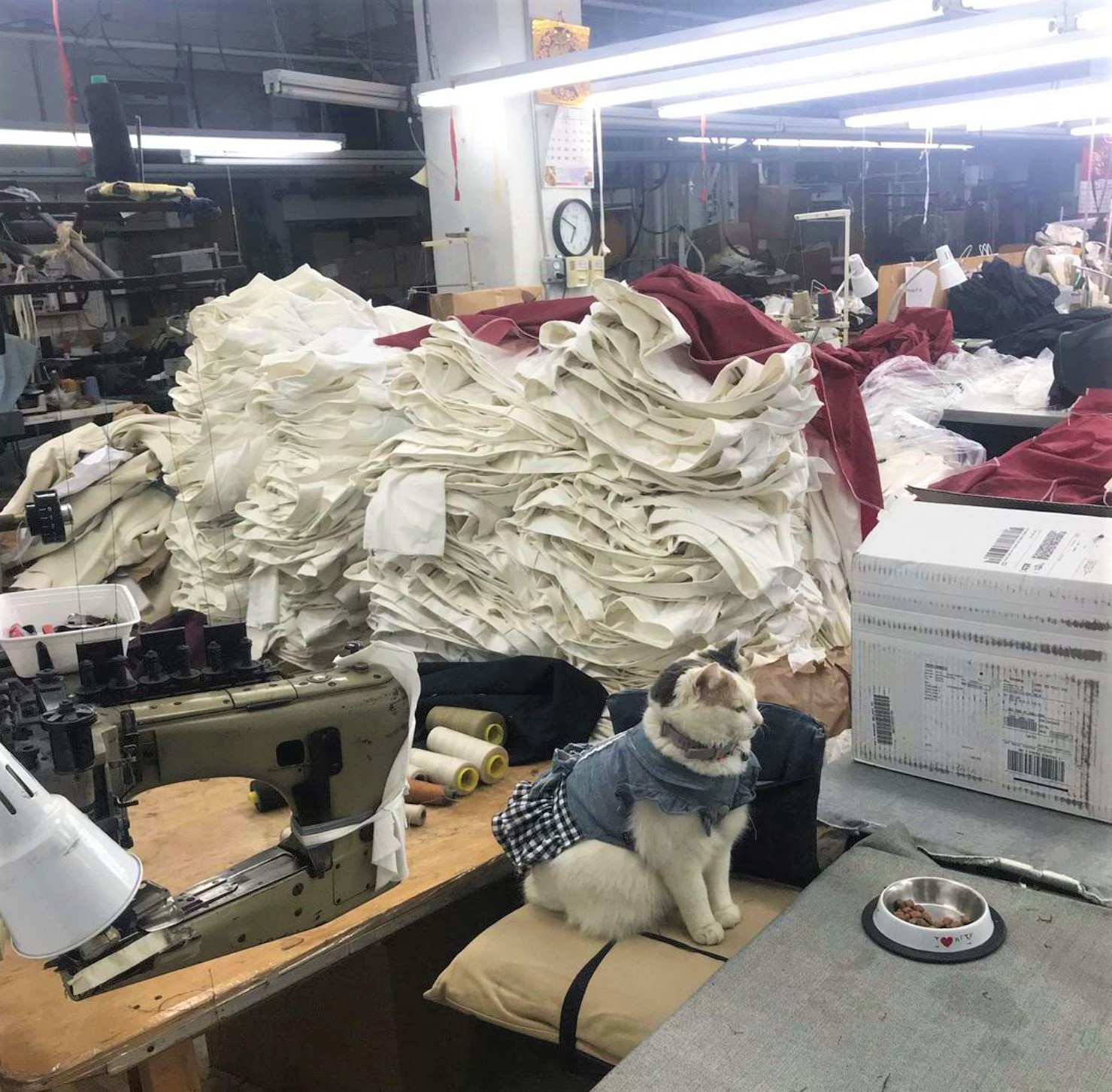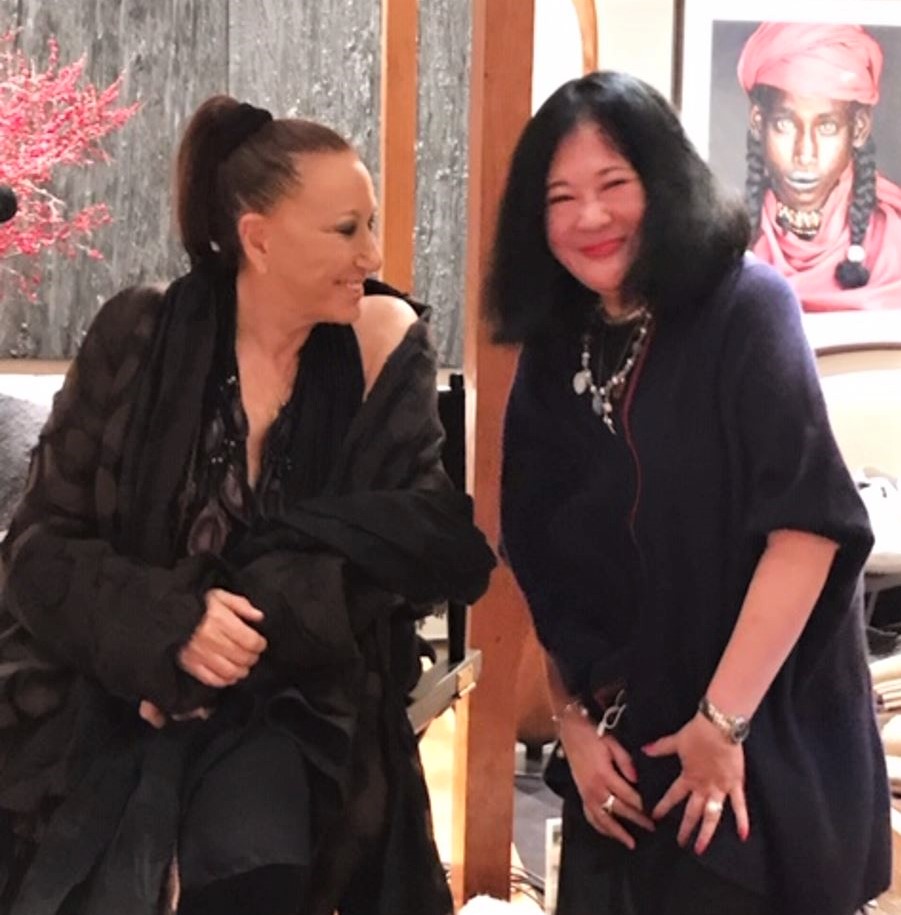“We are the only factory in the Garment District that specializes in denim manufacturing.”
Ida LawPartner
“I have a deep understanding of everything that goes into sourcing, sampling, and manufacturing.”
Ida Law has worked in textile and clothing related companies her entire life. As a young 20-year-old in Canada, she graduated with degrees in both Business Administration and Retail Fashion Management and joined a public corporation, Forsyth, in Toronto, working as a senior sourcing buying manager and traveling four months a year to production sites across Eastern Europe, Southeast Asia and China. Ida worked on the import side of the fashion industry up until ten years ago, when she had the opportunity to lead her own company in the Garment District. In 2009, she and Duncan Law, her partner, joined forces to establish Caroda Inc. While working in a smaller U.S-based factory required some adjustment, Ida’s solid work experience across sourcing, supplying, and producing provided her with both the knowledge and confidence to be successful. At Caroda Inc., she is responsible for business development and marketing, as well as finance and production; as for Duncan, he handles all sample and pattern creation, development, as well as internal operations.


“We are the only factory in the Garment District that specializes in denim manufacturing.”
Caroda Inc. is part of a group founded in the 80s as a clothing factory in Chinatown. The group expanded into four locations across Chinatown, Brooklyn and the Garment District in the 90s, with the Brooklyn shop working as an entirely vertically integrated production facility. Business was bustling, and each location fulfilled a specific role in the production process and owned the equipment to manufacture specific types of garments. As an example, the Brooklyn facility used to be a denim factory, while the Garment District spaces handled most of the pattern, sample making, and production for NY designer fashion collection. Management opted to consolidate operations in the early 2000s, with Caroda Inc. only operating in the heart of the Garment District.
Today, Caroda Inc. is one of the few production facilities remaining in New York City that possesses the necessary machinery and skilled workers to manage heavy denims and larger fabrics. Its 7,000 square foot space offers a full-service production facility, with the ability to produce anything from 1-10 prototypes and samples, up to 50-1,000 ready-to-wear garments. This flexibility allows the business to work with both established and emerging designers looking to create all types of sewn goods: from dresses and jeans, to home goods and accessories. The company has consistently worked on diversifying and expanding its service offerings and recently acquired a new facility in the Garment District that specializes in the cut and sew of lighter-weight items such as cut & sewn knit, light weight dresses and eveningwear.
“We feel blessed every day.”
Ida believes that the company has been very fortunate over the years, especially in light of all the challenges that New York City businesses have faced. Like many others in the Garment District, COVID has affected business, but Ida remains positive as her team has come back to work in early June 2020. Anytime designers move production overseas, Caroda Inc. sees a dip in revenue, but the numbers increase once again once up-and-coming designers replace them. Ida also realizes that Caroda Inc.’s reputation has significantly benefited from being the founding supplier to many designers. Throughout her many years of working with notable designers, Ida has watched them grow, shine, and ascend to the world stage. This is one of the many reasons why she enjoys nurturing new relationships with promising emerging designers who may one day become the next household name.


“We would love to eventually sell our own brand.”
Ida believes that the current environment makes the future particularly hard to predict. While many industries are moving toward only operating digitally, this will likely be difficult for manufacturers, with equipment being a critical component of their operations. She predicts that workforce development will remain a challenge, as attracting new talent and finding seamstresses with the necessary skills is not always simple. Looking at future growth opportunities, Ida hopes to continue playing around with the idea of launching a direct-to-consumer fashion line, provided they can benefit from the required marketing support. Both she and Duncan see significant value in adding a successful collection to their many other endeavors.


